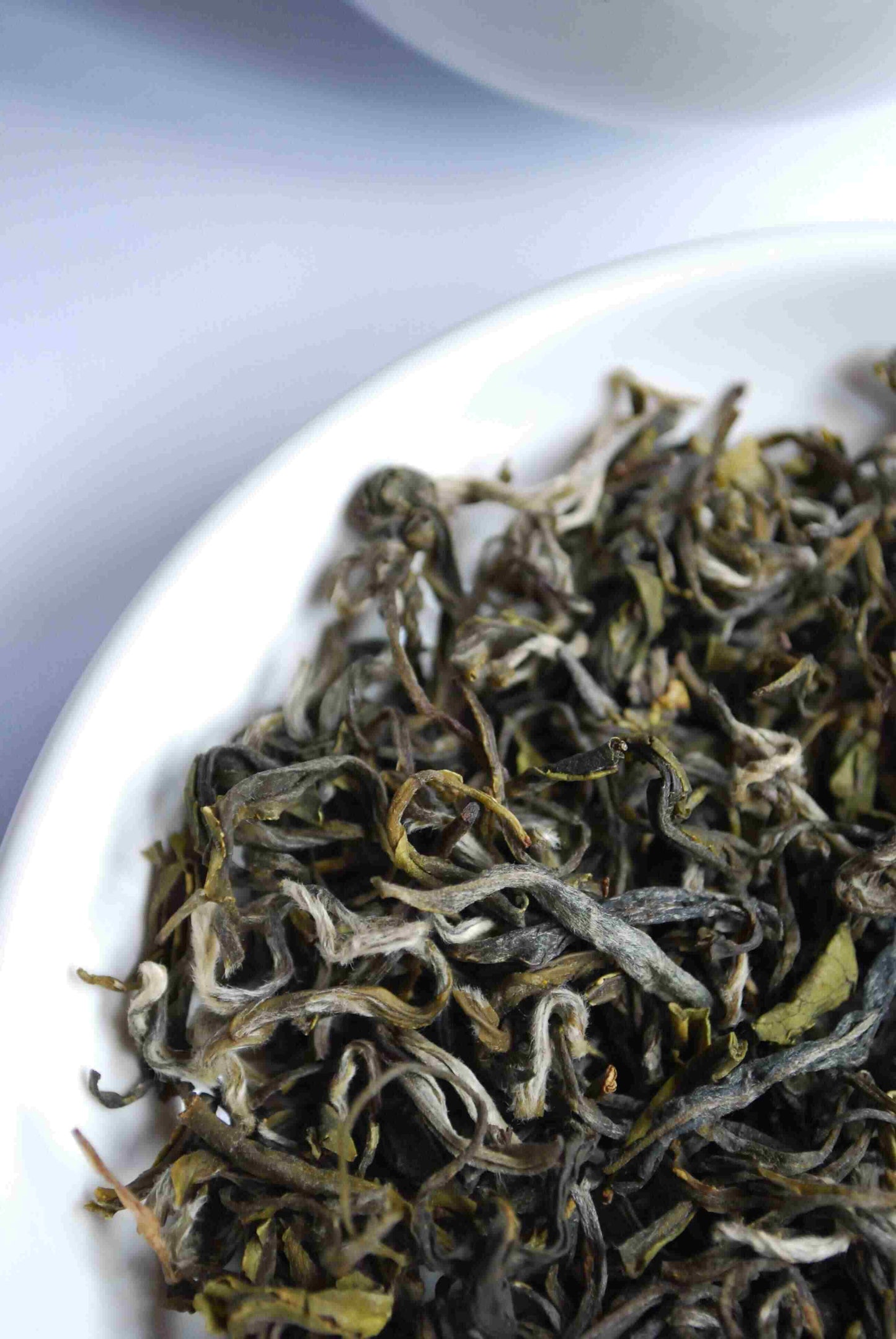
White tea is a type of tea that is known for its delicate flavor and subtle aroma. It is derived from the Camellia sinensis plant, which is the same plant used to produce other types of tea, such as green tea, black tea, and oolong tea. What sets white tea apart is the minimal processing it undergoes.
White tea is made from the young leaves and buds of the tea plant. The leaves are harvested before they fully open and are still covered in fine white hairs, which gives the tea its name. The leaves are carefully dried, usually by withering them in natural sunlight or through a controlled indoor drying process. This minimal processing helps to preserve the natural flavor and characteristics of the tea.
The flavor of white tea is often described as delicate, light, and slightly sweet, with subtle floral or fruity undertones. It is generally considered to have a milder flavor compared to green tea or black tea. White tea also has a lower caffeine content than other types of tea, making it a popular choice for those who prefer a more gentle caffeine boost.
White tea is known for its potential health benefits. Like other types of tea, it contains antioxidants that can help protect the body against damage from free radicals. Some studies suggest that white tea may have anti-aging properties, support cardiovascular health, and boost the immune system. However, more research is needed to fully understand and confirm these potential benefits.
Overall, white tea is prized for its delicate flavor, minimal processing, and potential health benefits. It offers a unique tea-drinking experience for those who enjoy a light and subtle brew.


